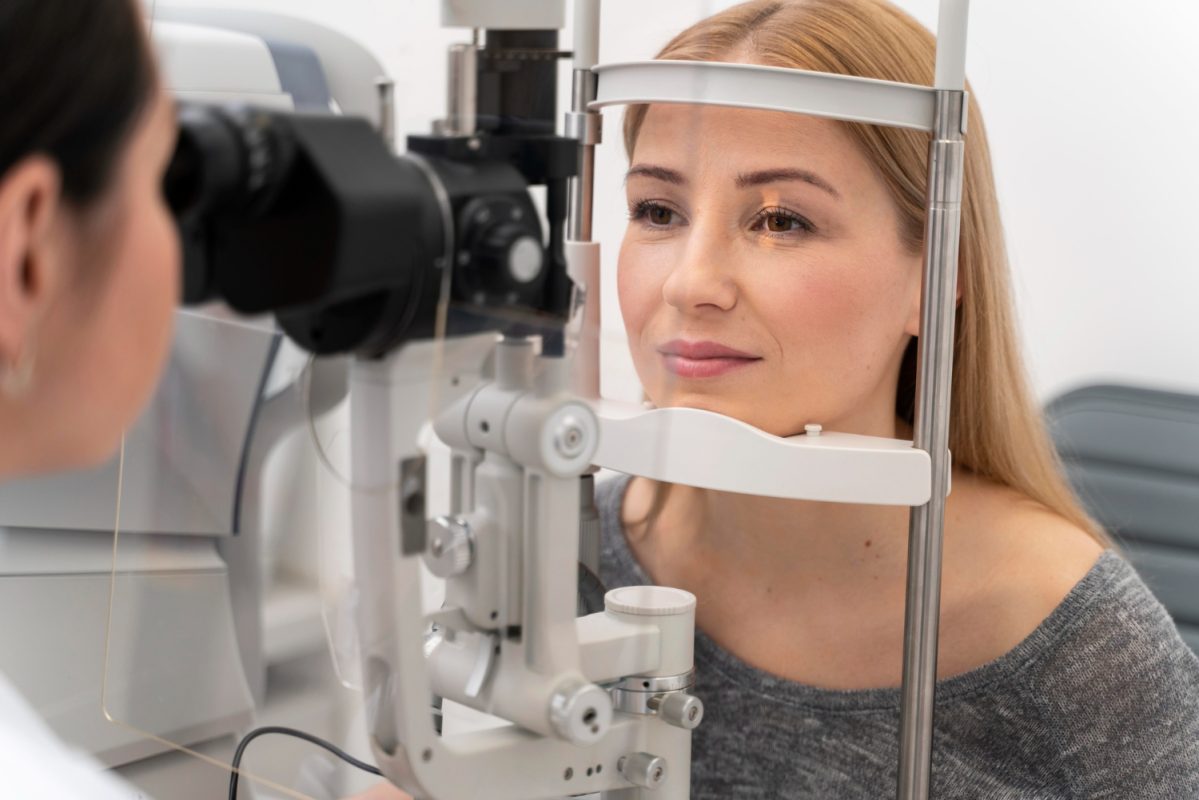Laser eye surgery has been a revolutionary advancement in the field of ophthalmology, offering millions of people a chance to experience life without the need for glasses or contact lenses. While this procedure has become increasingly popular for those with common vision problems such as nearsightedness or astigmatism, it has also piqued the interest of diabetics who seek to improve their vision. However, for individuals with diabetes, undergoing laser eye surgery is not without its unique set of risks and benefits. In this blog, we will explore the potential advantages and drawbacks of laser eye surgery for diabetics.
Understanding Diabetes and Vision
Before delving into the specifics of laser eye surgery, it is crucial to grasp how diabetes can affect vision. Diabetes, a chronic condition characterized by high blood sugar levels, can have a profound impact on various organs, including the eyes. Diabetic eye diseases, such as diabetic retinopathy and diabetic macular edema, can develop over time and potentially lead to severe vision impairment or even blindness.
These complications occur because high blood sugar levels can damage the tiny blood vessels in the retina—the light-sensitive tissue at the back of the eye. As a result, diabetics may experience blurred vision, difficulty focusing, and even vision loss. Laser eye surgery aims to address some of these issues by reshaping the cornea, but it is essential to consider the potential risks and benefits carefully.
The Benefits of Laser Eye Surgery for Diabetics
Improved Vision
The primary benefit of laser eye surgery for diabetics is the potential for improved vision. By reshaping the cornea, the surgery can correct refractive errors such as nearsightedness, farsightedness, and astigmatism. This improvement in vision can enhance a diabetic individual’s overall quality of life.
Reduced Dependence on Glasses or Contact Lenses
Diabetics who have undergone laser eye surgery may find themselves relying less on glasses or contact lenses. This can lead to increased convenience and freedom in daily activities.
Potential for Better Diabetes Management
Improved vision can make it easier for diabetics to monitor their blood sugar levels, read medication labels, and adhere to their treatment plans. This can contribute to better overall diabetes management.
Long-term Cost Savings
While laser eye surgery may have an upfront cost, the long-term savings on prescription glasses or contact lenses can be substantial. For diabetics, who may need frequent eye exams and specialized eyewear, this can be a significant advantage.
The Risks and Considerations for Diabetics
Risk of Complications
Diabetics are more prone to certain complications during and after laser eye surgery. The healing process may be slower, increasing the risk of infection and other post-operative issues.
Diabetic Eye Diseases
Laser eye surgery does not treat underlying diabetic eye diseases like retinopathy or macular edema. These conditions may continue to progress even after the surgery, necessitating ongoing monitoring and treatment.
Fluctuating Blood Sugar Levels
Unstable blood sugar levels can affect the accuracy of vision correction achieved through laser eye surgery. It is essential for diabetics to have good control over their blood sugar levels before considering the procedure.
Delayed Healing
High blood sugar levels can impair the body’s ability to heal properly. Diabetics may experience delayed corneal healing following surgery, leading to prolonged discomfort and a higher risk of complications.
Preoperative Assessment
Diabetics interested in laser eye surgery should undergo a thorough preoperative assessment to evaluate their eye health and determine whether they are suitable candidates. Not all diabetics may be eligible for the procedure due to the severity of their eye conditions.
Tips for Diabetics Considering Laser Eye Surgery
If you have diabetes and are contemplating laser eye surgery, it is essential to approach the decision with caution and gather as much information as possible. Here are some tips to consider:
Consult with an Ophthalmologist
Schedule a consultation with an experienced ophthalmologist who specializes in laser eye surgery. They can assess your eye health, discuss your specific situation, and provide guidance on the most suitable treatment options.
Manage Your Diabetes
Ensure your diabetes is well-managed with stable blood sugar levels before considering surgery. Uncontrolled diabetes can increase the risk of complications.
Realistic Expectations
Understand that laser eye surgery may not completely eliminate the risk of diabetic eye diseases. It primarily addresses refractive errors and can reduce dependence on corrective eyewear.
Follow Post-operative Care
If you decide to proceed with laser eye surgery, strictly adhere to the post-operative care instructions provided by your surgeon. This includes using prescribed eye drops and attending follow-up appointments.
Regular Eye Exams
Even after surgery, continue to have regular eye exams to monitor the progression of diabetic eye diseases and detect any complications early.
Discuss with Your Diabetes Care Team
Consult with your diabetes care team, including your primary care physician and endocrinologist, to ensure that laser eye surgery aligns with your overall diabetes management plan.
Laser eye surgery offers potential benefits for diabetics, including improved vision and reduced dependence on corrective eyewear. However, it also comes with unique risks and considerations, particularly related to diabetes-related eye conditions and blood sugar management. Ultimately, the decision to undergo laser eye surgery as a diabetic should be made after careful consultation with medical professionals who can assess your individual situation and help you make an informed choice. While the procedure can provide significant advantages, it is essential to prioritize your overall eye health and diabetes management throughout the process.



